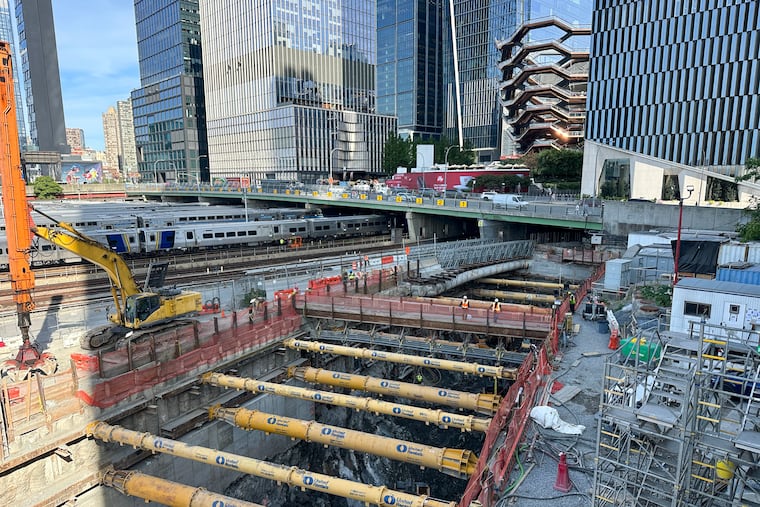Ukrainians Express Concerns Over Potential Trump-Putin Talks and Their Impact on the Conflict in Ukraine

Kyiv, Ukraine – As the international community looks toward the forthcoming summit between United States President Donald Trump and Russian President Vladimir Putin on August 15, the prevailing sentiment among many Ukrainians remains one of skepticism. This uncertainty is amplified for individuals directly affected by the conflict, such as Taras, a seasoned Ukrainian serviceman currently recuperating from an injury. Taras, who shared insights with ZezapTV, has prepared himself for what he perceives as an unlikelihood of substantial breakthroughs, particularly in securing lasting peace.
Taras remarked that discussions may aim to project a façade of diplomacy, especially as Putin seeks to mislead Trump into thinking that Ukraine is resistant to peace negotiations. Observers note that the Russian leader’s ambitions may include achieving significant military advancements in eastern Ukraine before enduring winter sets in.
Despite the optimism touted by the Trump administration regarding the upcoming Alaska summit, many Ukrainians—both military personnel and civilians—express doubts about the potential for meaningful dialogue between the US and Russian leaders. The reality on the ground underscores this pessimism, as Russia has intensified its military operations in key southeastern locations, particularly within the Donetsk region. Reports indicate that Russian military strategy has shifted towards more aggressive, albeit dangerous, tactics that involve greater risk for their troops, revealing their aim for territorial gains.
It is pertinent to note that recent geopolitical developments have shifted the control dynamics significantly. Currently, estimates indicate that Russian forces have occupied about 1,500 square kilometers (580 square miles) of Ukrainian territory, predominantly within Donetsk. However, ground reports suggest that Ukraine remains determined and resilient, evidenced by successful counteroffensives that have thwarted Russian advances in various areas since the conflict escalated in February 2022.
The anticipated meeting between Trump and Putin has created a climate of anxiety among Ukrainians, who remain concerned about potential concessions that could lead to a freeze on the front lines without addressing the core issues. President Volodymyr Zelenskyy has articulated a firm stance against yielding any territory, emphasizing the necessity of solid security guarantees from Western allies.
Zelenskyy’s assertion that Ukraine seeks comprehensive peace—not merely a temporary cessation of hostilities—mirrors the sentiments of many citizens who wish for a durable resolution to the ongoing conflict. As public opinion reflects discontent towards potential concessions, concerns about negotiations that might sideline Ukrainian interests loom large.
Critics have pointed to Trump’s historical patterns of engagement with Ukraine, with many fearing that any agreement reached could disproportionately favor Russia. The prospect of a temporary ceasefire that halts active conflict while providing Russia the opportunity to regroup has garnered significant apprehension from those within Ukraine.
Ukrainians like biology teacher Iryna Kvasnevska, who has felt the personal toll of the conflict, express doubts about the viability of a harmonious future, asserting that the underlying tensions between Kyiv’s democratic aspirations and Moscow’s ambitions are fundamentally incompatible.
As the summit approaches, Ukraine’s resilience remains evident, with citizens continuously advocating for a peaceful resolution that acknowledges their sovereignty and territorial integrity. The global political landscape awaits developments that will likely shape the region’s future.
#PoliticsNews #WorldNews






